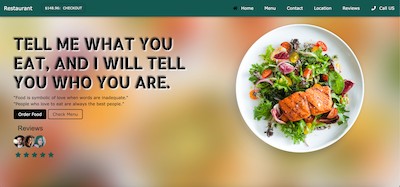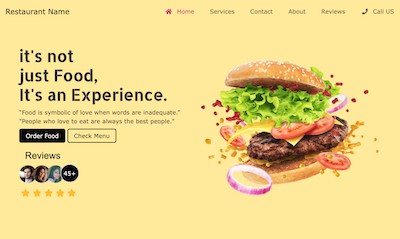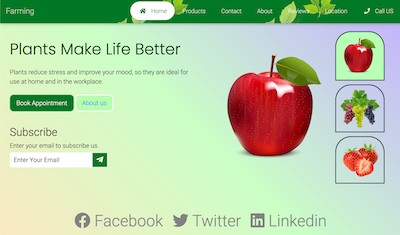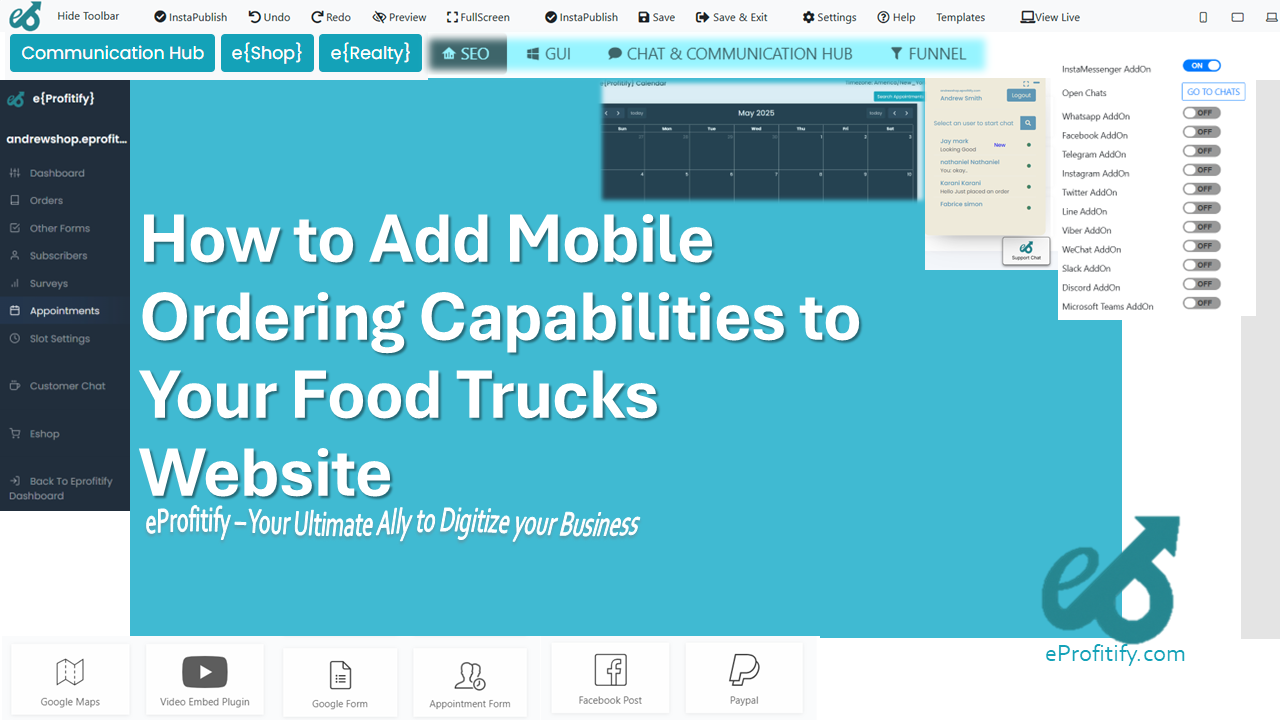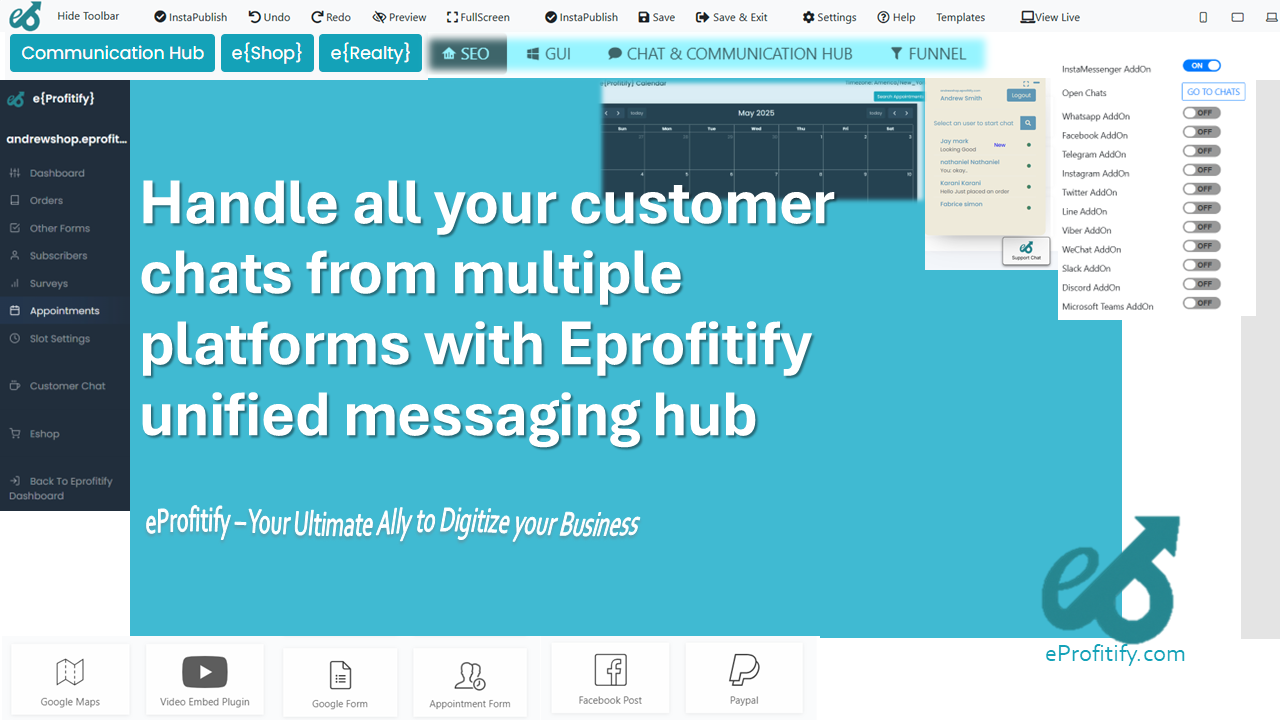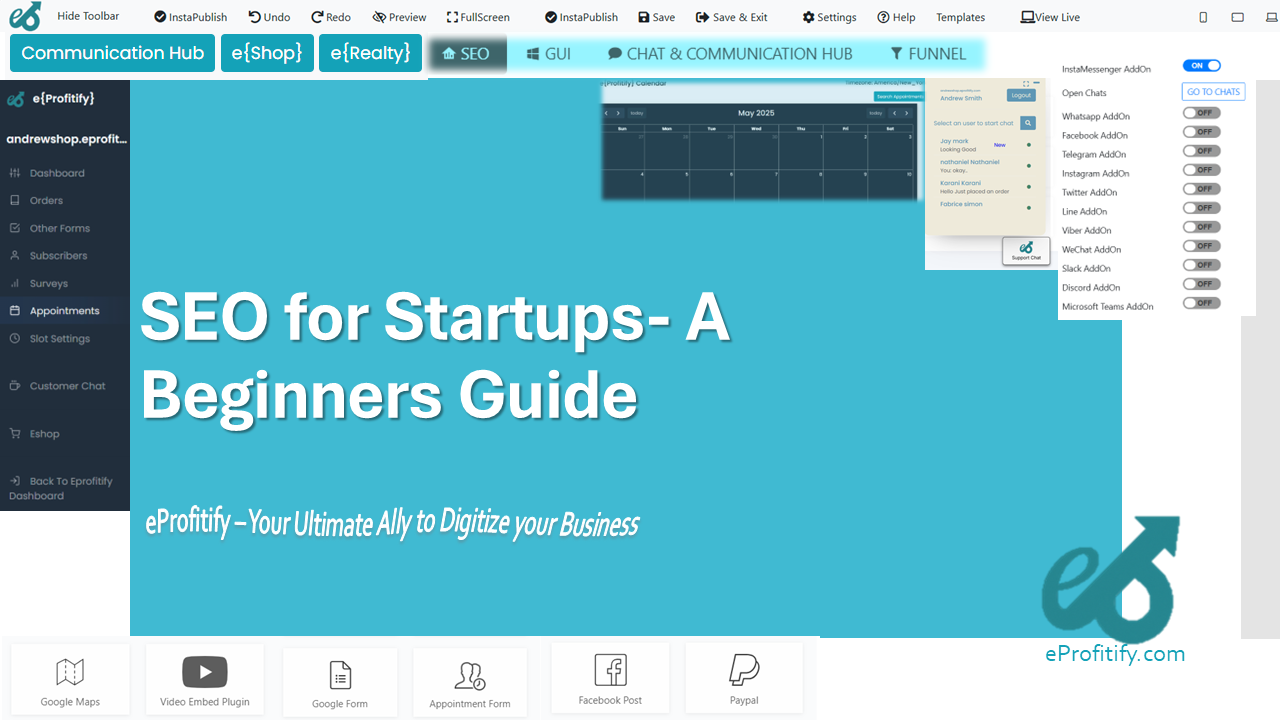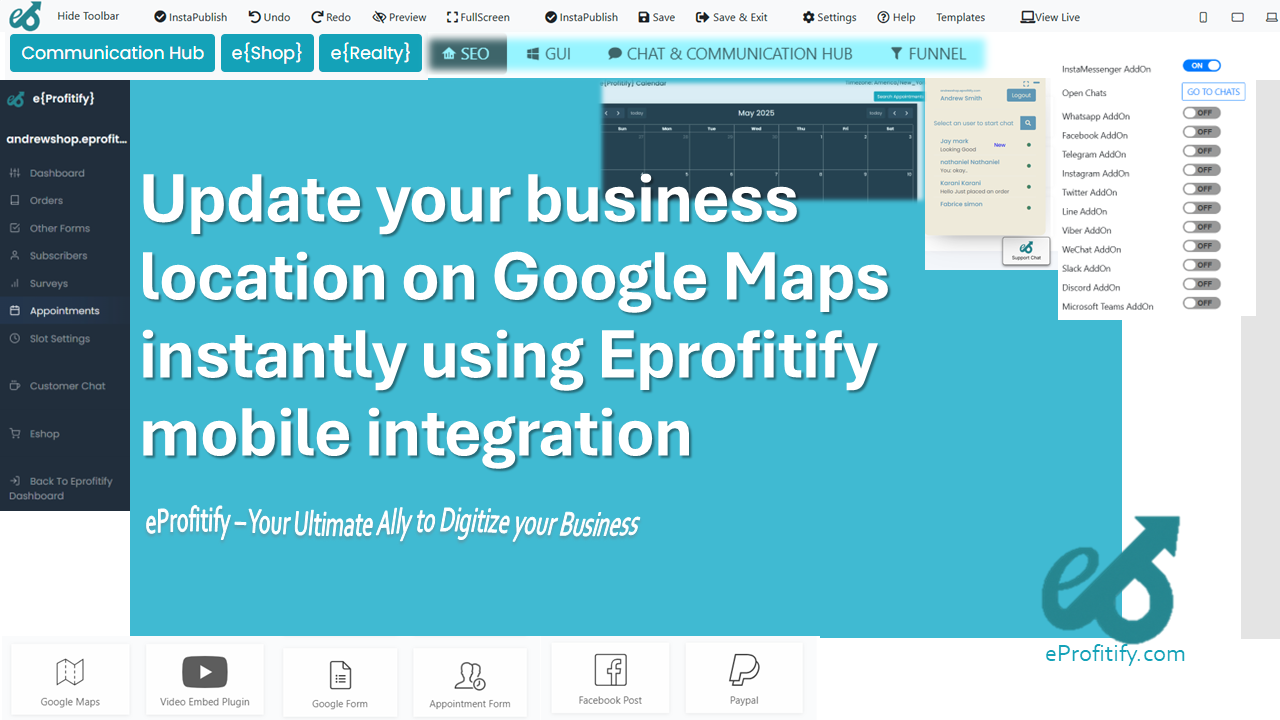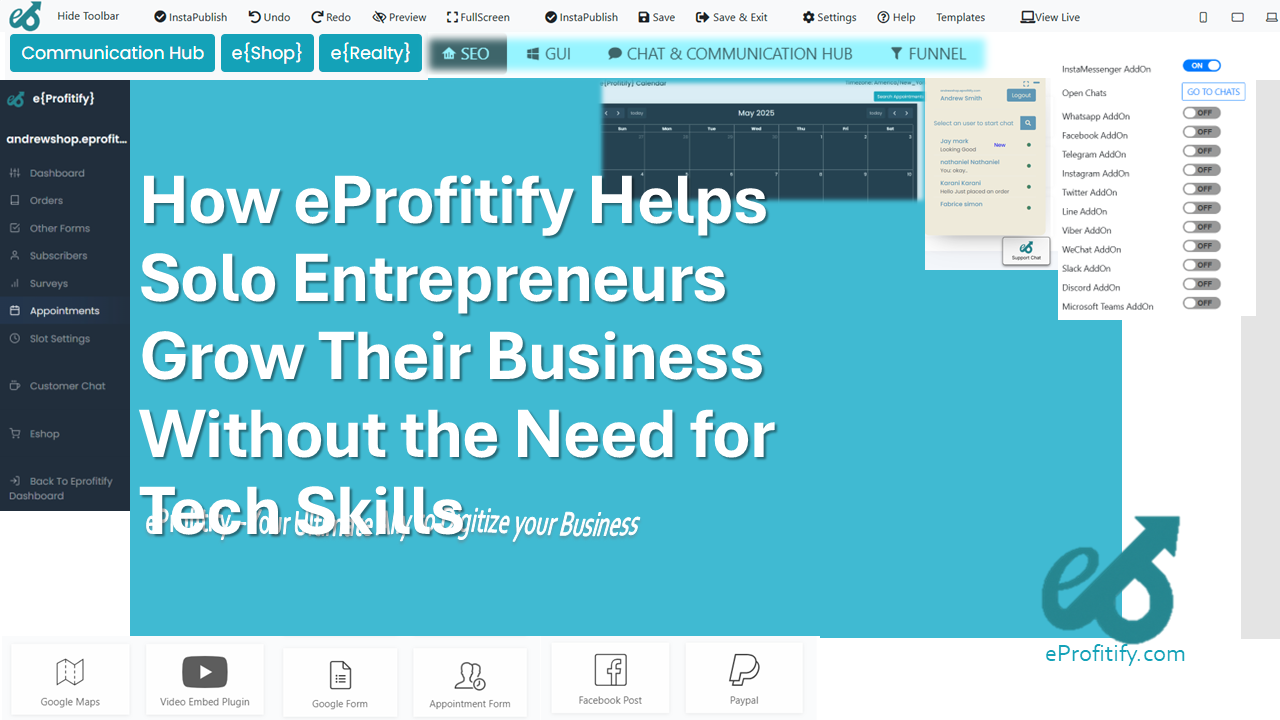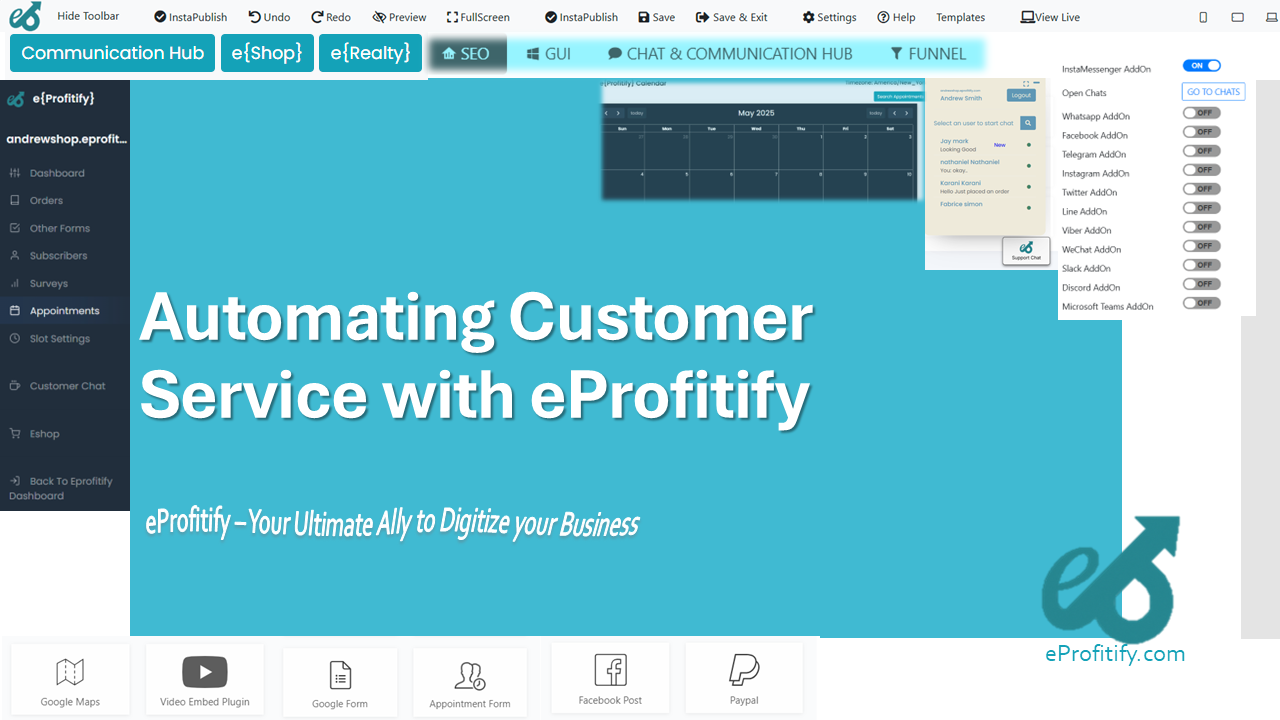Creating a Template Library for Teams in eDocuflow
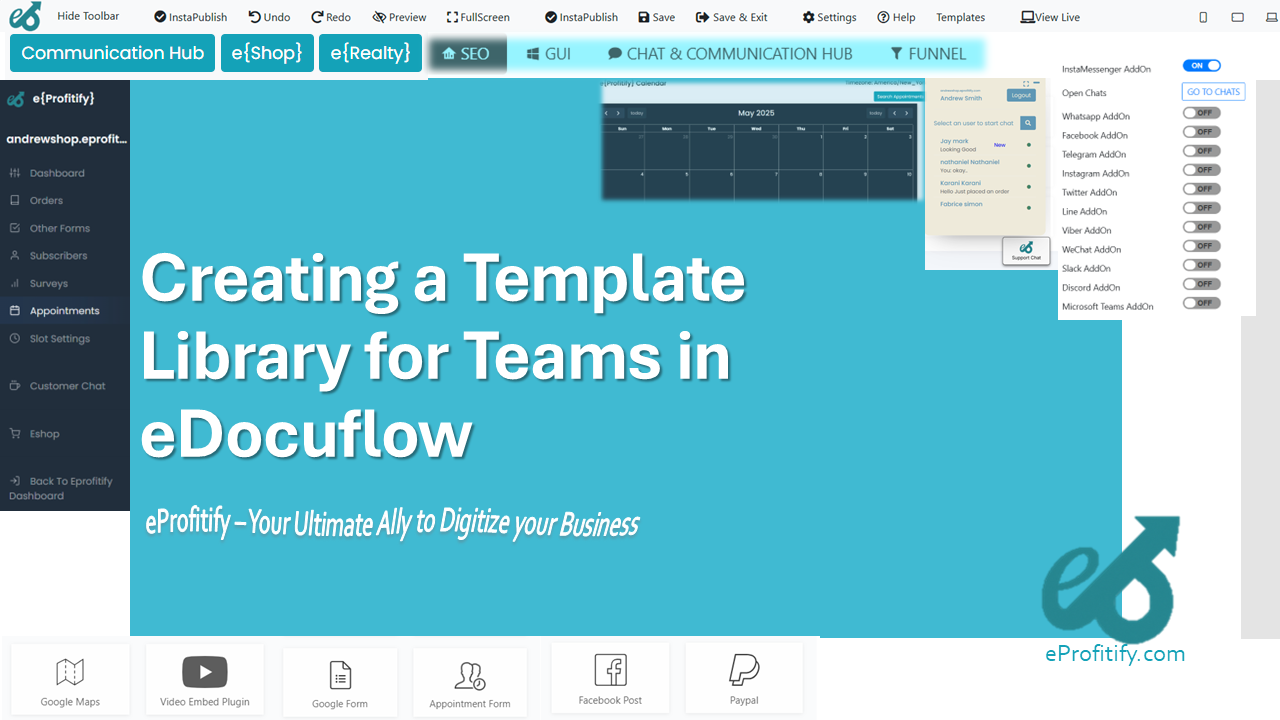
Schedule a LIVE Zoom call with an eProfitify Expert.
Creating a Template Library for Teams in eDocuflow: Enhancing Efficiency with eProfitify
The demand for streamlined workflows in modern businesses has made standardized documentation a cornerstone of productivity. A Template Library within eDocuflow addresses this by enabling teams to create, manage, and reuse documents with precision. By leveraging templates, organizations reduce redundancies, ensure brand consistency, and accelerate project timelines. This article explores the strategic value of building a Template Library for teams, supported by industry statistics, and highlights the role of eProfitify—a leading website publishing and management platform—in optimizing this process.
The Need for a Template Library
Inconsistent documentation processes cost businesses time and resources. According to McKinsey, employees spend 1.8 hours daily searching for information, while poor collaboration leads to a 20–30% loss in productivity. A Template Library mitigates these challenges by centralizing pre-approved formats for proposals, contracts, reports, and more. For example, marketing teams can reuse campaign briefs, while HR departments can standardize onboarding checklists.
Key Benefits of a Template Library in eDocuflow
-
Consistency and Compliance
Templates enforce uniformity across documents, ensuring alignment with brand guidelines and industry regulations. A Forrester study reveals that standardized templates reduce errors by 45% and cut document creation time by 60%. For compliance-heavy sectors like healthcare or finance, this minimizes legal risks and audit delays. -
Time Efficiency
Repetitive tasks consume nearly 30% of a worker’s day (Asana). With a Template Library, teams bypass drafting documents from scratch. Adobe reports that organizations using templates save 8 hours weekly per employee, redirecting effort toward strategic tasks. -
Enhanced Collaboration
Centralized templates eliminate version conflicts. Teams using eDocuflow can co-edit documents in real-time, with changes synchronized across departments. Research by Gartner shows that unified document systems improve team productivity by 25%. -
Scalability
As companies grow, scalable documentation becomes critical. Templates allow seamless replication of processes across new teams or regions. A Salesforce survey found that 74% of high-growth firms rely on templated workflows to maintain agility.
Building a Template Library in eDocuflow
Implementing an effective Template Library involves four key steps:
-
Assess Organizational Needs
Collaborate with departments to identify recurring document types. Sales teams might prioritize proposal templates, while IT may require incident reports. A PwC study highlights that aligning tools with departmental needs boosts adoption rates by 40%. -
Design Intuitive Templates
Templates should balance flexibility and structure. Incorporate editable fields, dropdown menus, and automated data pullers (e.g., client names, dates). For branding, embed logos, fonts, and color codes. Companies using dynamic templates report a 50% faster approval cycle (IDC). -
Centralize Access and Version Control
Host templates in eDocuflow’s cloud repository with role-based permissions. Version history ensures teams always access the latest iteration. Statistics show that version control reduces errors by 33% in regulated industries. -
Integrate with eProfitify’s Ecosystem
eProfitify, renowned for its website publishing and management tools, enhances eDocuflow’s capabilities through integrations:- CRM Integration: Auto-populate client data into templates, reducing manual entry.
- Instant Messaging: Discuss template edits in real-time, accelerating feedback loops.
- Appointment Management: Schedule template review meetings directly within workflows.
- Ecommerce: Generate invoices or order confirmations using templated formats.
Companies using eProfitify report 40% faster project completion due to these synergies (Aberdeen Group).
Quantifiable Impact of Template Libraries
- A healthcare provider reduced onboarding time by 77% after implementing templated workflows (Healthcare Weekly).
- Legal firms using eDocuflow templates cut contract drafting time from 10 hours to 2.5 hours per document.
- Retailers leveraging eProfitify’s ecommerce templates saw a 22% increase in order accuracy.
Best Practices for Sustaining Success
- Continuous Feedback: Regularly update templates based on user input. A HubSpot survey found that 68% of employees believe iterative improvements boost tool effectiveness.
- Training Programs: Offer workshops to maximize template utilization. IDC notes that trained teams commit 50% fewer formatting errors.
- Security: Pair eDocuflow’s encryption with eProfitify’s GDPR-compliant tools to safeguard sensitive data. Ponemon Institute reveals that centralized systems lower breach risks by 37%.
eProfitify: A Catalyst for Streamlined Workflows
Beyond template management, eProfitify offers a holistic platform for digital operations:
- Instant Messaging: Resolve document queries without leaving the dashboard.
- CRM: Track client interactions and auto-generate reports using templates.
- Appointment Management: Sync deadlines with team calendars to avoid bottlenecks.
- Analytics: Monitor template usage trends to identify optimization opportunities.
eProfitify users experience 30% higher customer satisfaction due to cohesive document and client management (Gartner).
Conclusion
A Template Library in eDocuflow empowers teams to produce high-quality documents efficiently while reducing operational costs. By integrating with eProfitify’s suite of tools—from CRM to ecommerce—organizations unlock end-to-end workflow automation. With statistics underscoring time savings, error reduction, and scalability, investing in templated systems is a strategic imperative for growth-focused businesses. As remote work and digital transformation accelerate, tools like eDocuflow and eProfitify will remain pivotal in driving productivity and innovation.
